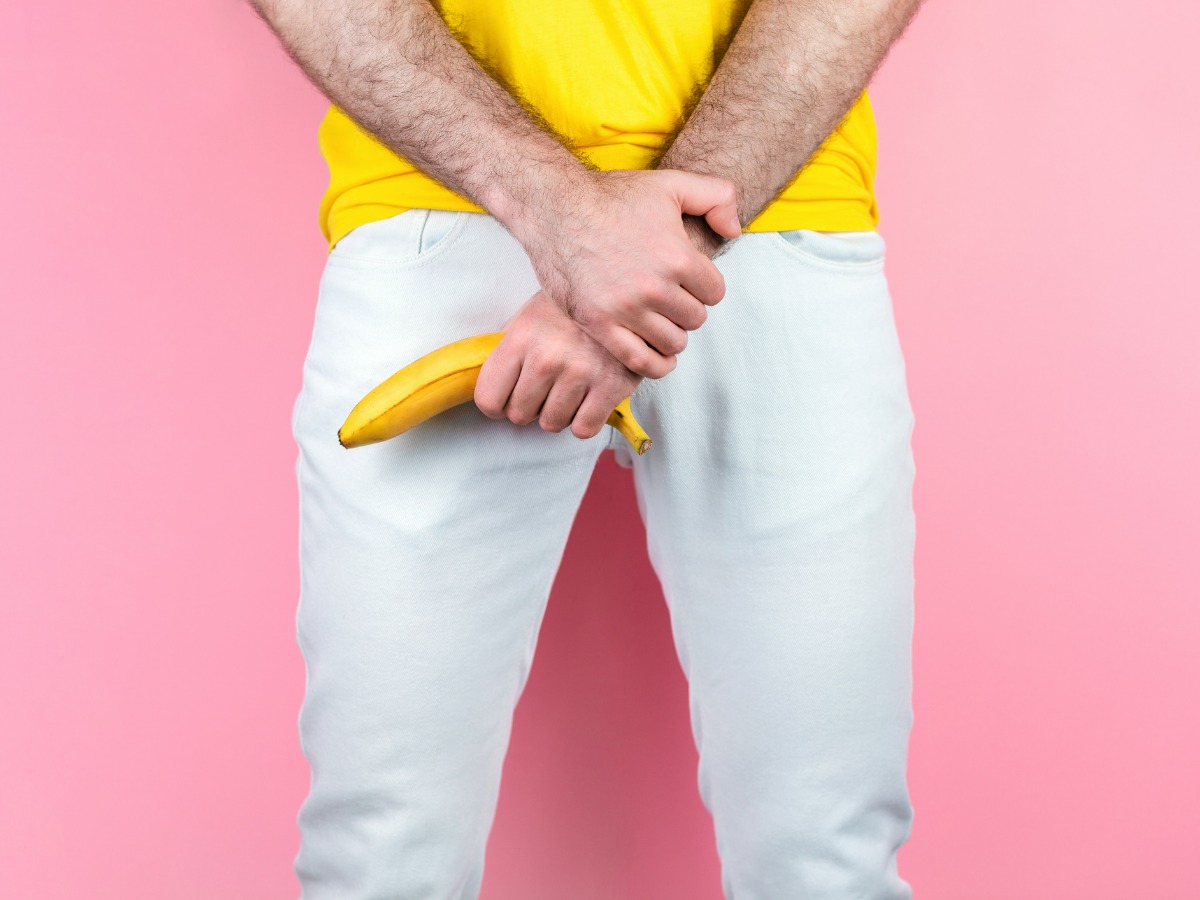Yeast infections, caused by the candida fungus, can be uncomfortable and bothersome for individuals of all genders. While there are various factors that can contribute to the development of a yeast infection, diet plays a significant role in maintaining the balance of yeast in our bodies. In this article, we will explore the relationship between beer consumption and vaginal yeast infections, shedding light on how beer can potentially worsen the symptoms and provide valuable insights for those seeking to alleviate their condition.
Understanding the Candida Fungus and Yeast Infections
Before delving into the impact of beer on yeast infections, it is essential to grasp the basics of candida fungus and its association with these infections. Candida is a natural fungus present in the human body, including the vaginal area, alongside other microorganisms that maintain a healthy balance. However, certain factors such as diet, antibiotic usage, and steroids can disrupt this equilibrium, leading to an overgrowth of candida and subsequent yeast infection.
The Role of Beer in Worsening Vaginal Yeast Infections
The answer to whether beer can exacerbate a vaginal yeast infection is affirmative. To comprehend why beer can have this effect, we must examine the conditions that foster the growth of candida. The fungus thrives in warm, moist, and dark environments, precisely the conditions found in the genital area. Additionally, candida feeds on yeast, sugars, carbohydrates, and starches, which are abundantly present in alcoholic beverages, including beer. Notably, yeast and sugar serve as primary components of beer, while carbohydrates contribute to its caloric content.
When consumed, beer provides a ready supply of nourishment for the candida fungus, potentially intensifying the symptoms of a yeast infection. Furthermore, the ingredients present in alcoholic beverages, akin to those found in other foods, can further exacerbate the infection. Consequently, it becomes crucial to eliminate excessive amounts of sugar, carbohydrates, yeast, and processed foods from one’s diet in order to aid in the eradication of a yeast infection. A prudent approach involves abstaining from alcohol entirely until the infection has been cured.
The Importance of Avoiding Alcohol During a Yeast Infection
While battling a yeast infection, it is advisable to refrain from consuming all types of alcoholic beverages, including beer. The yeast-nourishing properties of beer can potentially prolong the duration and severity of the infection. It is essential to recognize that curing the infection requires addressing the underlying cause—an imbalance in the body’s system—not just alleviating the symptoms through over-the-counter or prescription medications.
To fully restore balance, it is recommended to carefully assess your diet and adopt measures that promote overall well-being. By eliminating alcohol and focusing on a balanced, nutritious diet, you can create an environment in which the candida fungus finds it more difficult to thrive. This, in turn, supports the healing process and reduces the likelihood of recurrent yeast infections.
Conclusion
In conclusion, beer consumption can indeed contribute to the worsening of a vaginal yeast infection. The candida fungus, which causes these infections, feeds on yeast, sugars, carbohydrates, and starches—all of which are abundant in alcoholic beverages, including beer. To effectively combat a yeast infection, it is advisable to abstain from alcohol until the infection has been cured and to address the underlying imbalance in the body’s system through dietary adjustments.
By adopting a holistic approach and focusing on a well-balanced diet, individuals can create an environment that discourages the growth of candida and promotes overall vaginal health. It is important to remember that while this article sheds light on the impact of beer on yeast infections, seeking guidance from healthcare professionals is crucial for an accurate diagnosis and tailored treatment plan.
Remember, prioritizing your well-being and taking proactive measures to restore balance in your body are key to managing and preventing yeast infections. By understanding the relationship between diet and candida overgrowth, you can make informed choices to support your vaginal health.
Tips for Preventing and Alleviating Yeast Infections
- Adopt a Yeast-Friendly Diet: To restore balance and prevent yeast overgrowth, consider incorporating foods that promote a healthy environment in your body. Focus on consuming fresh vegetables, lean proteins, whole grains, and probiotic-rich foods like yogurt and kefir. These choices can help support beneficial bacteria and discourage the growth of candida.
- Minimize Sugar and Refined Carbohydrate Intake: Yeast thrives on sugar, so reducing your consumption of sugary foods and beverages is crucial. Opt for natural sweeteners like stevia or honey in moderation, and be mindful of hidden sugars in processed foods. Additionally, limit your intake of refined carbohydrates like white bread, pasta, and pastries, as they can contribute to candida growth.
- Increase Probiotic Intake: Probiotics are beneficial bacteria that can help restore the natural balance in your body. Consider incorporating probiotic supplements or consuming fermented foods like sauerkraut, kimchi, and kombucha into your diet. These can help support a healthy gut flora and strengthen your immune system, which plays a vital role in combating yeast infections.
- Practice Good Hygiene: Maintaining proper hygiene is essential for preventing and managing yeast infections. Keep the genital area clean and dry, and opt for gentle, fragrance-free soaps. Avoid using douches, as they can disrupt the natural pH balance of the vagina and increase the risk of infection.
- Wear Breathable Fabrics: Clothing that allows for proper airflow is beneficial in preventing yeast infections. Opt for breathable fabrics like cotton and avoid tight-fitting clothing or synthetic materials that trap moisture and heat, creating an ideal environment for candida to thrive.
- Manage Stress Levels: Chronic stress weakens the immune system, making you more susceptible to infections. Incorporate stress management techniques into your routine, such as regular exercise, meditation, or engaging in hobbies that bring you joy and relaxation.
- Seek Professional Guidance: If you experience recurring or persistent yeast infections, it is essential to consult with a healthcare professional. They can provide an accurate diagnosis, rule out underlying conditions, and recommend appropriate treatment options tailored to your specific needs.
Remember, while beer can exacerbate vaginal yeast infections, it is just one factor among many that contribute to these infections. By adopting a holistic approach to your health, focusing on a yeast-friendly diet, practicing good hygiene, and managing stress, you can create an environment that supports vaginal health and reduces the likelihood of yeast infections.
Incorporate these tips into your lifestyle, and remember that individual experiences may vary. By prioritizing your well-being and making informed choices, you can take control of your vaginal health and prevent yeast infections from negatively impacting your quality of life.
Treatment for Vaginal Yeast Infection
| Sr. No. | Product Name | Features | Pros | Cons |
|---|---|---|---|---|
| 1 | Monistat 1k | Single-dose treatment, convenient and easy to use | Rapid symptom relief, effectively clears infections | May cause mild irritation in some cases |
| 2 | Fluconazole Tablets | One-time oral dose, eliminates yeast infection from within | Highly effective for severe infections | Requires a prescription, potential side effects in rare cases |
| 3 | FemiClear | Plant-based ingredients, soothing and non-irritating formula | Natural alternative, suitable for sensitive skin | May take longer to provide symptom relief for severe infections |
| 4 | Uqora Promote | Probiotic formulation, supports vaginal health | Reduces the risk of future yeast infections | Not a treatment for active infections |
| 5 | Love Wellness The Killer | Herbal blend, free from harsh chemicals | Natural and gentle, helps alleviate symptoms | May not provide relief for severe infections |
| 6 | CVS Health Miconazole | Cream formulation, easy to apply | Affordable option, widely available | May cause temporary skin irritation |
| 7 | Monistat 3 | Three-day treatment course, applicators included | Comprehensive treatment, clears infections | Requires multiple applications |
| 8 | Vagisil Maximum Strength Anti-Itch Creme | Topical cream, fast-acting | Soothes itching, provides temporary relief | Does not treat the underlying infection |
| 9 | Monistat 7 | Seven-day treatment course, convenient applicators | Extended relief, clears infections thoroughly | Requires commitment to a longer treatment duration |
| 10 | Lotrimin Ultra for Jock Itch | Cream formulation, tackles fungal infections | Versatile usage, addresses yeast infections in men | Not specifically designed for vaginal use |








